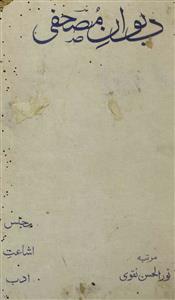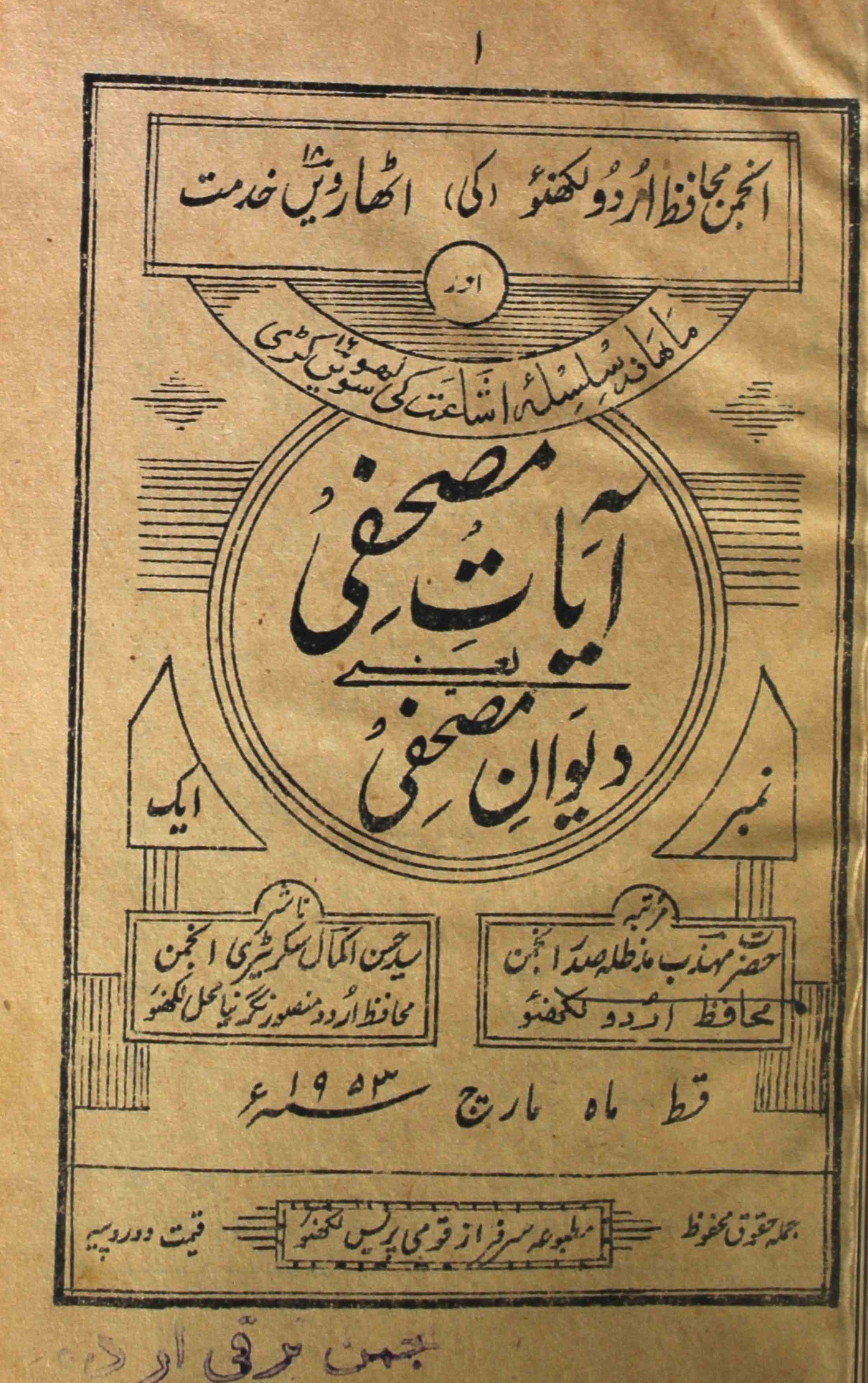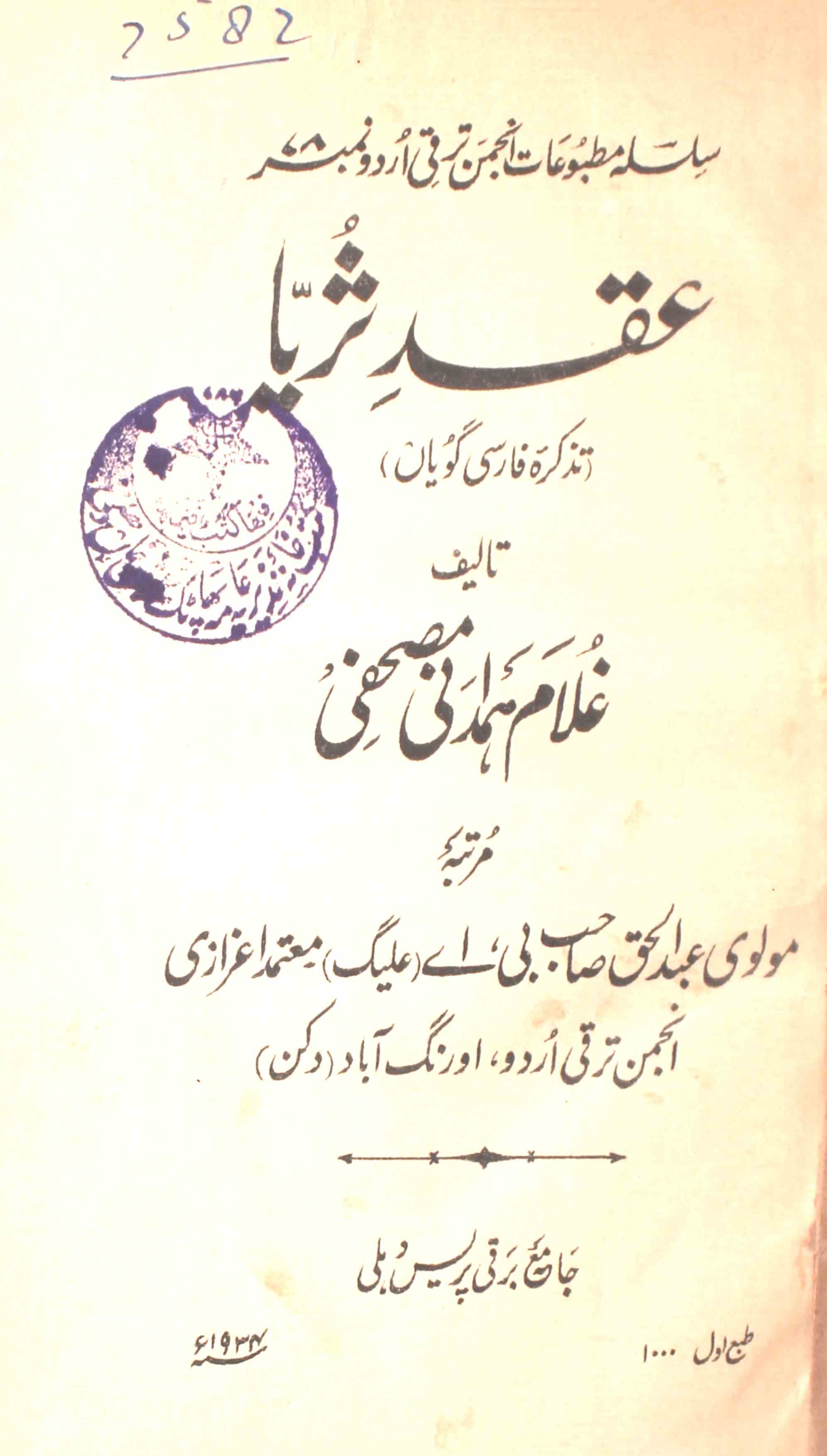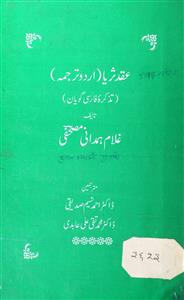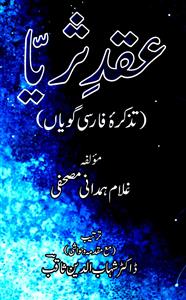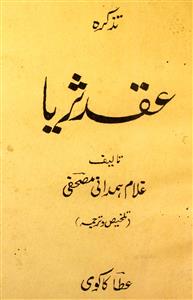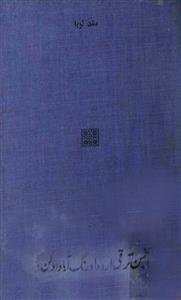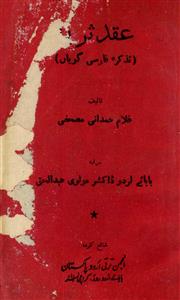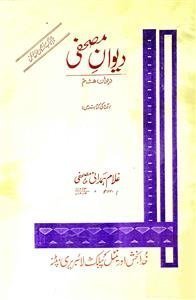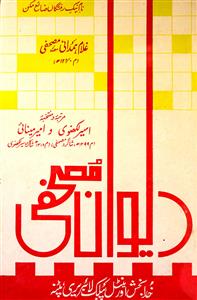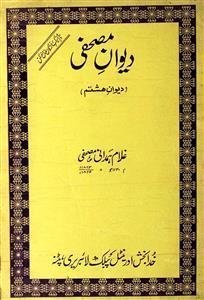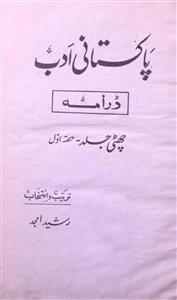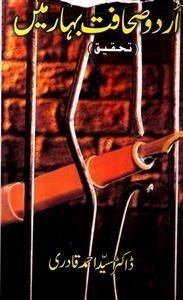 For any query/comment related to this ebook, please contact us at haidar.ali@rekhta.org
For any query/comment related to this ebook, please contact us at haidar.ali@rekhta.org
About The Book
غلام ہمدانی مصحفی اردو زبان کے کلاسیکی اور عہد قدیم کے شاعر ہیں۔ میر تقی میر کے بعد بحیثیت مجموعی اردو شاعری کے دورِ قدیم میں مصحفی، مرتبہ میں سب سے بلند ہے۔ ان کی شاعری کا جائزہ لیا جائے تو معلوم ہوتا ہے کہ ان کا شعری مزاج دہلی میں صورت پزیر ہوا لیکن لکھنوکے ماحول، دربارداری کے تقاضوں اور سب سے بڑھ کرانشا سے مقابلوں نے انہیں لکھنوی طرز اپنانے پر مجبور کیا۔ ان کا منتخب کلام کسی بھی بڑے شاعر سے کم نہیں۔ اگر جذبات کی ترجمانی میں میر تک پہنچ جاتے ہیں تو جرات اور انشا کے مخصوص میدان میں بھی پیچھے نہیں رہتے۔ یوں دہلویت اور لکھنویت کے امتزاج نے شاعری میں بیک وقت شیرینی اور نمکینی پیدا کر دی ہے۔ ایک طرف جنسیت کا صحت مندانہ شعور ہے تو دوسری طرف تصوف اور اخلاقی مضامین بھی مل جاتے ہیں۔ آٹھ اردو، ایک فارسی دیوان آپ کی یادگار ہیں۔ غلام ہمدانی مصحفی نے جتنے اشعار لکھے ہیں شاید ہی کسی دوسرے شاعر نے لکھے ہوں۔ زیر نظر ان کا پہلا دیوان ہے۔ جس کو نور الحسن نقوی نے اپنے بسیط مقدمہ کے ساتھ مرتب کیا ہے۔ دیوان کے آخر میں اختلاف نسخ کی تفصیل بھی پیش کی ہے۔ اس کے علاوہ فرہنگ بھی شامل دیوان ہے۔ دیوان میں غزلوں کے علاوہ رباعیات، مسدس، مخمس اور تین مثنویان 'در بیان ہجو پسر حجام'، 'دربیان ہجو چارپائی' اور 'در صفت اجوائن' بھی شامل ہے۔
About The Author
Sheikh Ghulam Hamadani (1747-1824) who acquired the nom de plume of Mus’hafi was born at Ballamgarh on the outskirts of Delhi although his family had long remained associated with Akbarpur and Amroha. He spent his childhood in Amroha but later moved to Delhi where he stayed for about twelve years. After Delhi suffered the onslaughts of history, he migrated first to Tanda where he enjoyed the benefaction of Nawab Mohammad Yaar Khan and then to Lucknow where he received the patronage of prince Mirza Sulaiman Shikoh. A person who could not remain steadfast in his associations with people and places, he also had on-going skirmishes with Insha Allah Khan Insha, a poet of considerable repute among his contemporaries.
Mus’hafi is known to be a voracious reader and a great collector of notes on his readings. He is generally remembered as a poet who was much too prolific and resourceful with words than any other poet of his age. Even though he sold many of his ghazals to poetry lovers and lost one of his divans as it was stolen, he has left behind a huge amount of his prose and poetical works.
Mus’hafi’s works remained uncollected and unpublished for about a hundred fifty years after his death and were preserved in the form of manuscripts in various libraries. His eight divans in Urdu and two in Persian, as well as his eighty six qasidas , twenty mathnawis, three tazkiras—Aqd-e Surraiya, Tazkira-i-Hindi, and Riyaz-ul-Fasha--and an incomplete and unpublished miscellany of his Arabic and Persian poetry and prose writings called Majma-ul-Fawaayid, bear witness to his creative potential and remarkable pedantry. A mentor of many poets of his age, Mushafi echoed several masters of the past whose poetry he admired but worked incessantly to develop his own poetics by blending multiple influences in a harmonious whole of his poetic oeuvre.
 For any query/comment related to this ebook, please contact us at haidar.ali@rekhta.org
For any query/comment related to this ebook, please contact us at haidar.ali@rekhta.org
